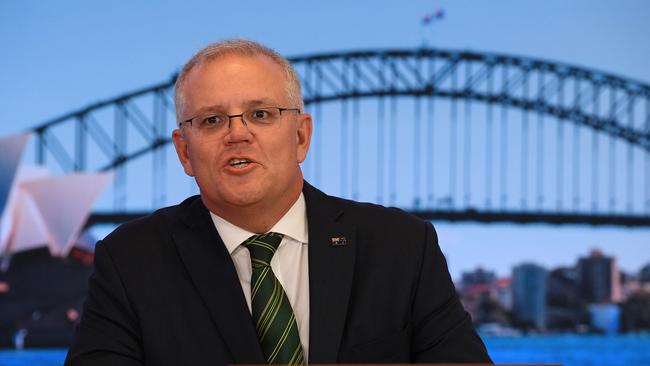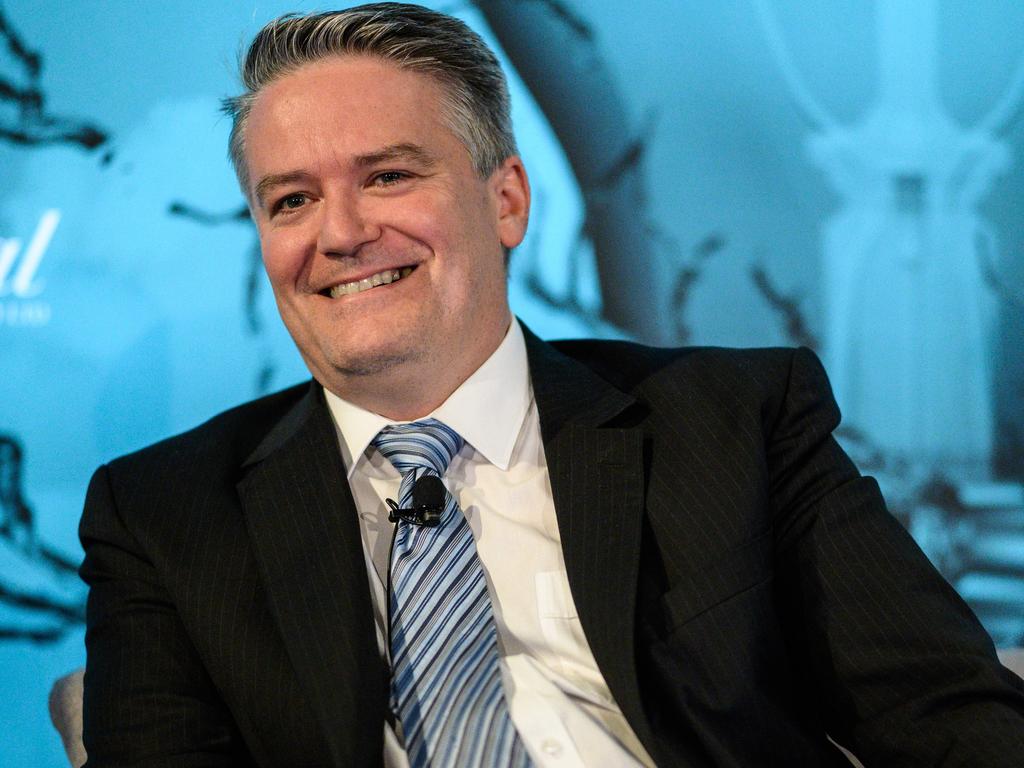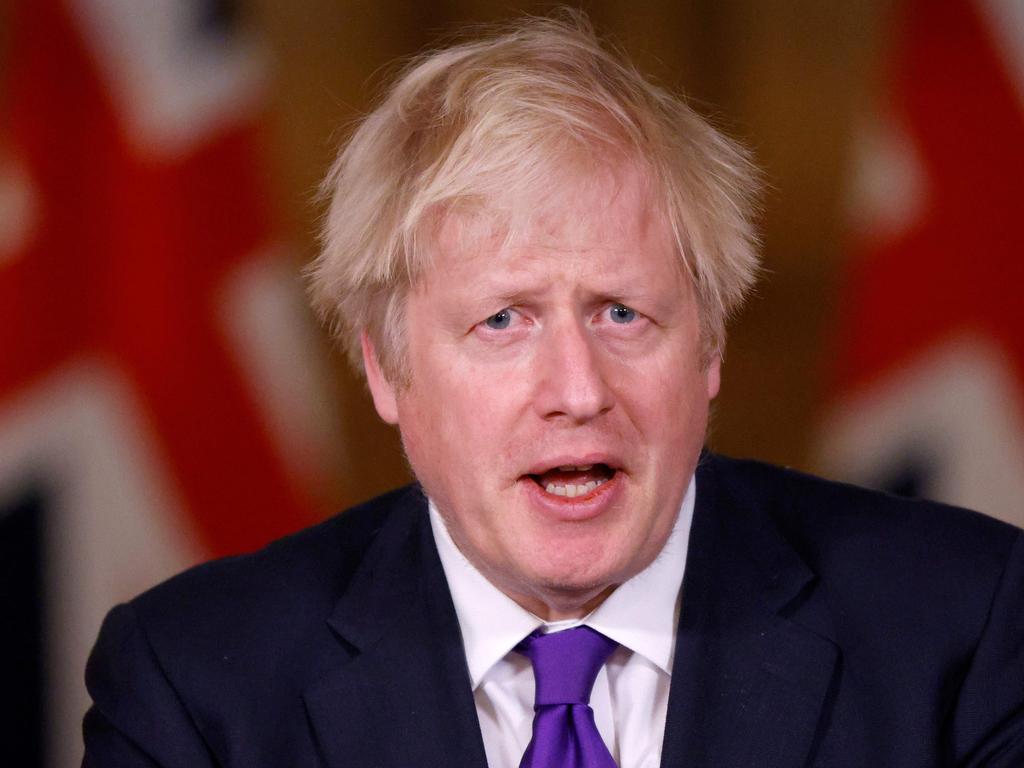
Both are significant diplomatic triumphs for Australia and Scott Morrison in a complex global environment where rapid shifts in geo-strategy, technology, economics, climate change and COVID politics are driving new alignments in a post-Trump era.
These are wins for Australian agency and activism. They shoot down progressive media mythology that Australia was becoming an isolated, almost pariah nation, over climate change. They contradict the progressive dogmatism about Morrison as a limited marketing man, an inexperienced amateur and out of his depth in foreign policy. And they expose the obsession at elite levels that our Asian diplomacy had fallen into second-best disrepair.
The reality is far different. Morrison has his own foreign policy style geared to building personal ties at the leaders level, always transactional and focused on results. He has waged a relentless soft-power diplomacy for much of the past year, building upon Australia’s success in managing the pandemic and the sharp economic recovery from recession.
For Morrison, the OECD win and the Quad leaders meeting highlights a series of common themes — a brand of intense Australian diplomatic activism, an elevated profile for Australia as a liberal democracy working in tandem with other like-minded nations to check the lure of autocratic regimes spearheaded by China’s performances and what Morrison calls the “Australian way” — an Australian record of success in meeting contemporary challenges from the pandemic to economic recovery to managing big tech.
These events tell you how myopic is much of our public debate. For many opinion makers the idea Australia could secure leadership of a prestigious multilateral institution, located in the heart of Europe, was simply inconceivable. A different theme was prominent in elite debate about the Quadrilateral Security Dialogue — involving the US, Japan, Australia and India — notably that the construct was too artificial, too devoid of common purpose and unlikely to gain critical momentum.
On both counts Morrison disagreed and was proved right. He threw the resources of his government behind the Cormann bid to head the 38-nation Organisation for Economic Co-operation and Development (OECD). He worked systematically with the Trump administration, notably former secretary of state Mike Pompeo, to elevate the Quad and continued that effort from his first discussion with new President Joe Biden.
Morrison believed Donald Trump would have committed to the Quad as a leaders forum. But having Biden seal the deal means the new administration will bring a sense of personal ownership and Biden consistency to the task.
Over the past year, with most heads of government confined to home and office and not travelling, Morrison engaged in what is one of the most intense rounds of head-of-government dialogue in Australian history from bilateral to multilateral dimensions, a process that began when leaders were anxious to compare notes on the COVID crisis.
From start to finish Morrison lobbied for Cormann’s candidature in discussions involving 55 heads of government. But the key to his tight win was his credibility as an experienced finance minister versed in the OECD agenda, fluent in European languages, focused on COVID lessons, promoting inclusive growth and market-based policies, meeting digital economy challenges including the search for a global consensus on digital tax, achieving net-zero emissions by 2050 and gearing the OECD more to the Asia-Pacific.
The significance of the Paris-based OECD, an organisation of rich and middle-income democracies, is that of a catalyst shaping the rules for the global economic order. Cormann is the first Secretary-General from the Asia-Pacific. He faced an initial field of 10 and in the final “best of two” prevailed over Sweden’s Cecilia Malmstrom, formerly EU trade commissioner, who would have been the first female S-G.
The climate change lobby, determined to stop him, launched a failed bid with a letter to leaders and diplomats to kill his prospects. Signatures included Matt Brennan, chief executive, The Wilderness Society Australia; Sharan Burrow, head of the International Trade Union Confederation; Lyn Morgain, chief executive, Oxfam Australia; Jennifer Morgan, executive director, Greenpeace International; Kelly O’Shanassy, chief executive, Australian Conservation Foundation; Julie-Anne Richards, Climate Action Network Australia; and David Ritter, chief executive, Greenpeace Australia Pacific, among many others. While Greens leader Adam Bandt denounced Cormann as a “climate change wrecker”, ALP leader Anthony Albanese endorsed his candidature.
Cormann thanked both WA Premier Mark McGowan and Governor Kim Beazley for their support. The mistake the climate change lobby makes is to assume climate change must be the overarching determinant in any contest. The world doesn’t work like that.
While the Quad has met at foreign ministers level Morrison said its elevation to leaders level constitutes a “historic” step and “a whole new level of co-operation”. His public rhetoric on the Quad is about what it will create, not just what it will deny.
At stake is both the strategic future of the Indo-Pacific and a struggle over governance models. The Quad’s purpose is to find strength in numbers against China both in strategic balance and regional support, hence the initiative to produce and rollout an extra one billion doses of vaccine across the region, an arena where China has stolen the march.
The statement from the four leaders — Biden, Japan’s Yoshihide Suga, Morrison and India’s Narendra Modi — said the Quad seeks a region “free, open, resilient and inclusive”, contrary to Beijing’s model, a region where nations are “free from coercion”.
The Quad aims to deliver public policy goods and services to the region — in rivalry with China. That constitutes a huge task. It seeks to shape the norms and governance values to buttress liberal democracy. Just as Biden seeks democratic promotion, Morrison sings from a similar song sheet.
The elevation of the Quad to leaders level will invest Australian policy with deeper saliency. This is one element in Morrison’s method of integrating our US alliance with our Asian engagement. It will deepen ties with Japan and India, aspire to give ASEAN more confidence and evolve with ongoing military and naval exercises.
Morrison wants the Quad to develop as a practical forum that delivers benefits for the region while proving the superiority of liberal democracy. Make no mistake, his foreign policy will evolve with a greater emphasis on values.
But the risk is obvious — that he oversells the Quad as an achievement and as a forum that can make an impact. Its progress will be hostage to India’s ability to commit. The leaders have authorised the Quad but the limits on its four-nation capability cannot be disguised.








In recent days Australia’s head of government diplomacy has been on vivid display — former finance minister Mathias Cormann becomes the next OECD Secretary-General and the Quad, the new Indo-Pacific leaders forum, long advocated by Australia, held its first meeting.